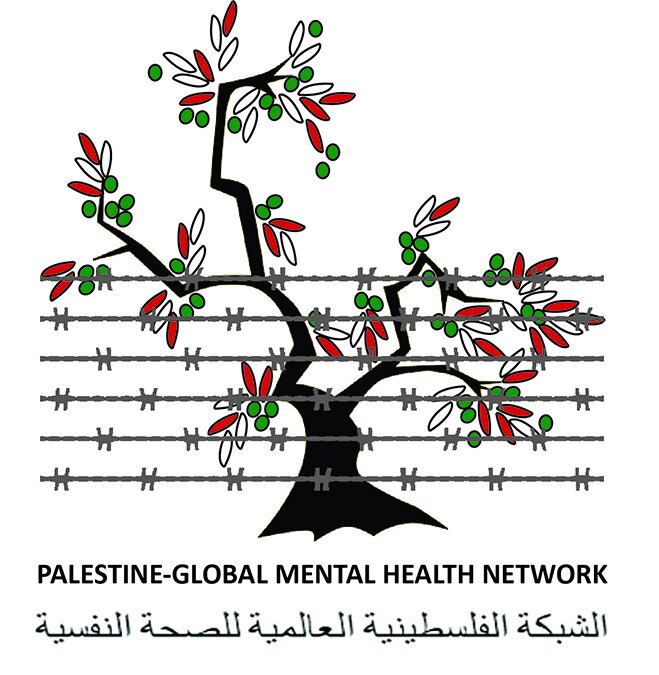5.45pm (Pal time)
3.45pm (UK time)
10:45am (EDT US)
Violent crime in a colonial context:
understanding the rise in homicides in the Palestinian community in the lands occupied in 1948
With
Asrar Kayyal
During the past decade, the number of homicides has risen sharply among Palestinians of the lands occupied in 1948. The regime tries to sustain a racialized, colonial explanation in terms of "violent Arabs" - a narrative echoed by the international media. This presentation will offer an alternative approach, utilising critical and community psychological perspectives and locating this phenomenon in its socio-historical and political context.
Particularly, this presentation tries to re-define "crime" by considering the psychological implications of "deprivation", in general, and of "deprivation of resources and productivity" in particular, for the lived reality of colonized peoples and communities. In addition it explores how the "social control" mechanisms adopted by the colonial state impact on the community psychologically, and suggests that they contribute directly to the increase in violent crime.
Asrar Kayyal is a 32 years old Palestinian woman, an intern educational psychologist and researcher in community psychology. She is mainly interested in researching psychological well-being in colonial contexts, and education and violence among the colonized in particular. Asrar provides educational-psychological services in the East-Jerusalem area via both public and private sectors.
Originally from Al-Birwa displaced Palestinian village, raised in Kufr-Yasif village, (both are located in the Galilee area in the north of the Palestinian lands occupied in 1948), Asrar currently lives in Jerusalem.
The meeting will be chaired by Dr Said Shehadeh. Said is a Jaffe-born clinical psychologist now based in New York. Since completing his doctorate at Rutgers University, he has held posts both in the USA and Palestine, including as an assistant professor at the Social and Behavioral Science Department in Birzeit University. Additionally, he served as a clinician at the Birzeit University’s Counseling Center and at the Palestine Red Crescent Society in Ramallah. His clinical and research interests include the indigenization of psychotherapy for Arab populations, as well as the psychopolitics of settler-colonialism in Palestine.
Both Asrar and Said are active members of the Palestine Global Mental Health Network.
